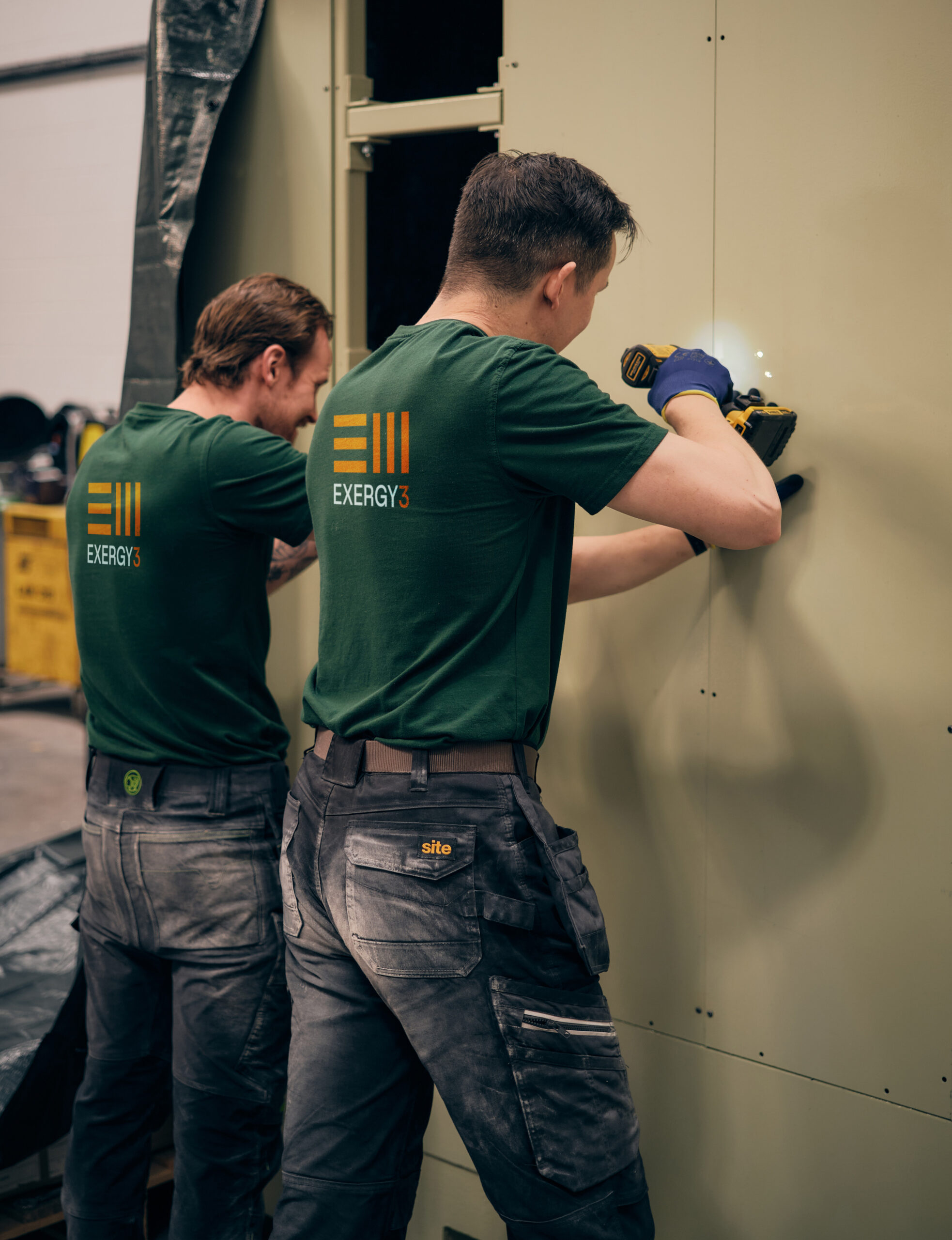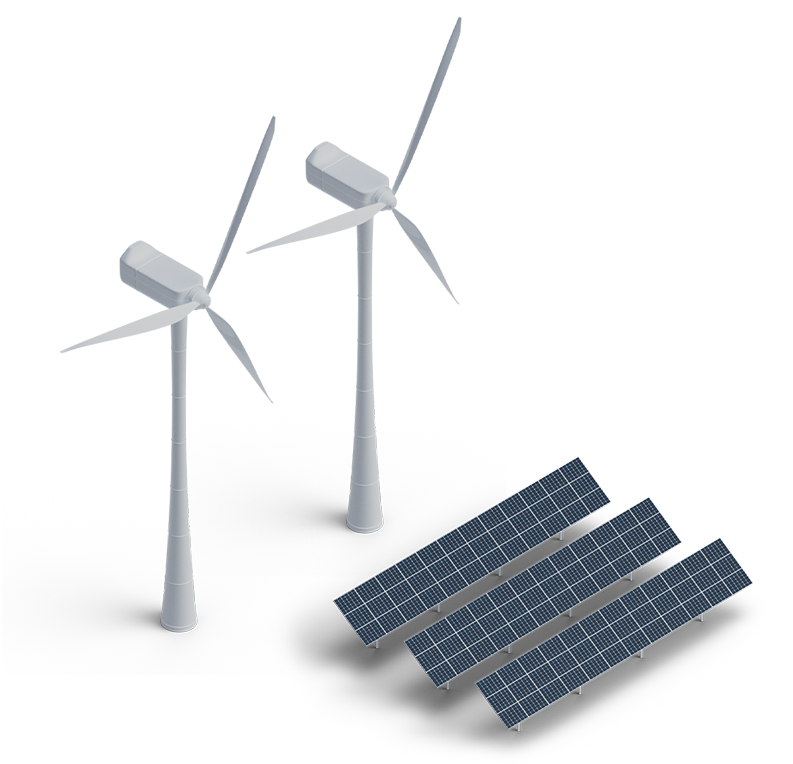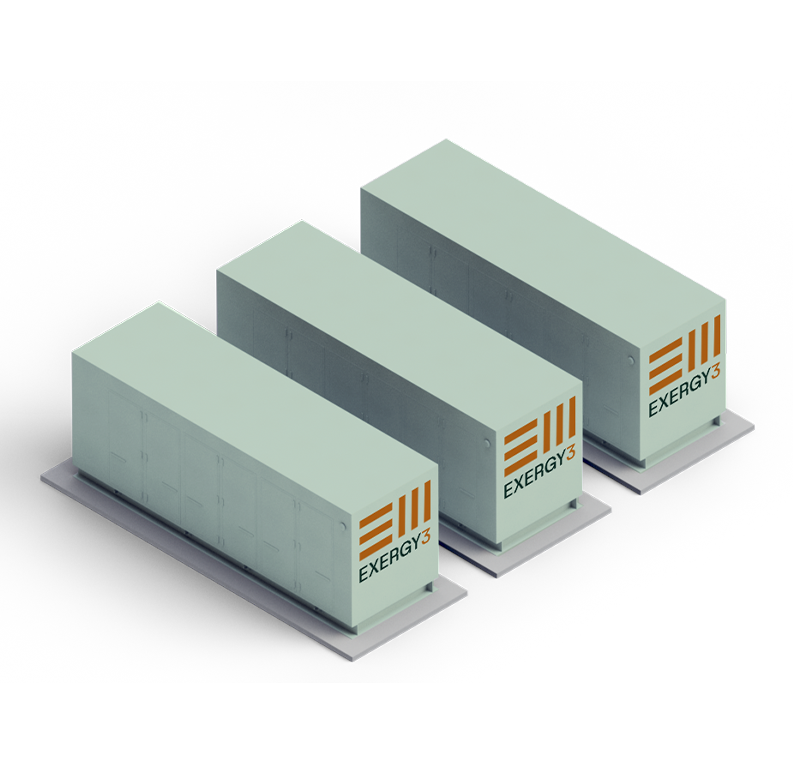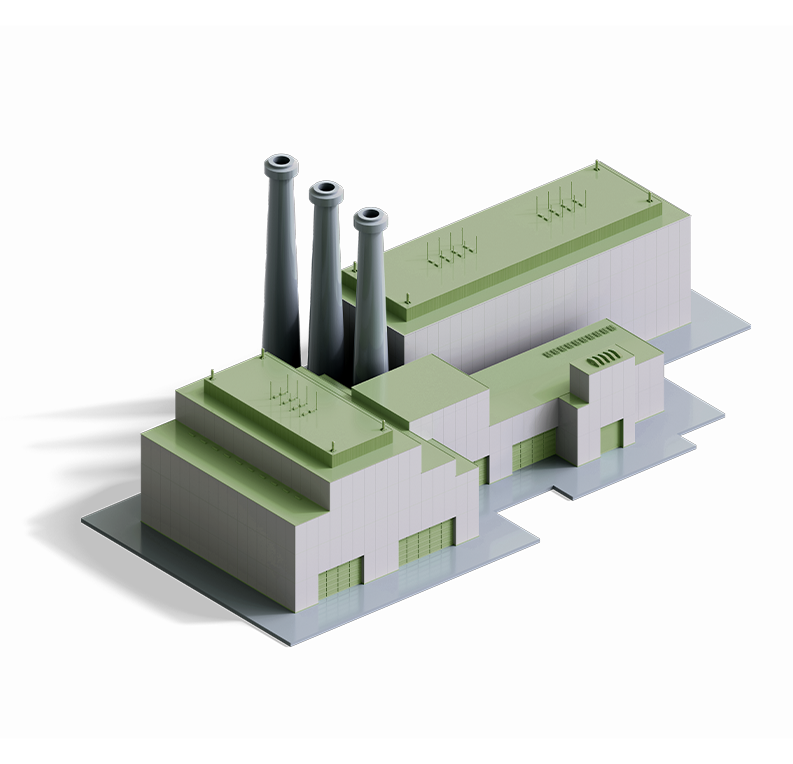Decarbonising Industry with Thermal Energy Storage
The true cost of energy wastage

MONEY WASTED
0
Every year, billions of pounds are wasted as clean, affordable renewable energy is curtailed due to a lack of scalable storage solutions.
Every year, billions of pounds are wasted as clean, affordable renewable energy is curtailed due to a lack of scalable storage solutions.
CO₂ EMISSIONS
0
High temperature heat for power generation and industry accounts for over 25% of annual CO₂ emissions.
High temperature heat for power generation and industry accounts for over 25% of annual CO₂ emissions.
Turn up demand. Don’t turn down generation.
By converting renewable electricity from the grid into thermal energy, our flexible asset can supply industry with ultra-high temperature, low-carbon heat, utilising energy that would otherwise be wasted.
Our technology contains nearly 100 patent pending inventions enabling us to provide a modular, compact and easy to install decarbonisation solution for a range of clients, from SMEs to large industry.
Why Exergy3?
Our electro-thermal energy storage solution facilitates the efficient use of renewables at local and national levels, allowing an economically viable means of decarbonisation for industry. Scalable and agile, we integrate with existing infrastructure and can be deployed in any location.
Annandale Distillery
Our customers & collaborators
Our customers & collaborators —
Our customers & collaborators —
Our customers & collaborators —
Our customers & collaborators —
Latest news & insights
Explore activities and the ways in which we actively participate in reducing carbon emissions.

Why we’re doing this?
Exergy3 is committed to making industry sustainable. We are the first of its kind worldwide: a compact, efficient, ultra-high-temperature energy storage solution offering a credible, cost-effective pathway for industry to decarbonise.





















